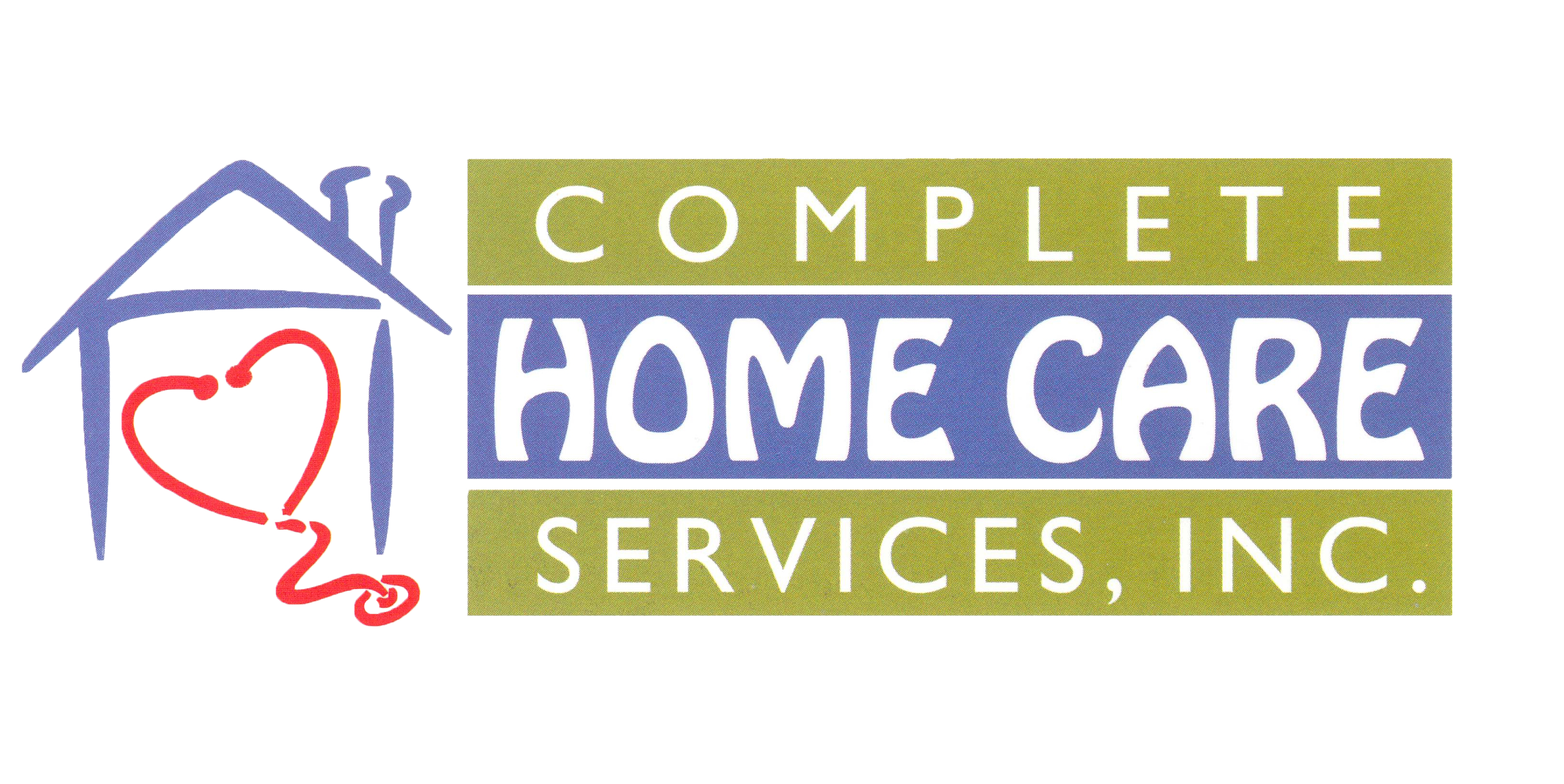Emergency Management
Patients: Emergency Management COVID-19
CHCS is committed to helping New Yorkers stay safe and healthy.
What is CHCSNY doing to help in the fight against COVID-19?
The safety and health of our staff and patients are always a top priority at CHCS. Our staff are in the community every day and are always vigilant about protecting their—and their patients’—health.
During the COVID-19 pandemic, CHCS nurses, therapists and home health aids division have remained on the job, continuing to do the crucial work of keeping New Yorkers healthy and at home in these challenging times!
CHCS is committed to keeping our staff and patients safe. All staff are also required to screen themselves every day to ensure they do not have a fever or other COVID-19 symptoms—or any other illness that might be passed along to patients or their families.
What other steps is CHCS taking to keep patients, plan members, and the community safe?
CHCS has been working with the New York State Department of Health and the CDC to make sure our patients, staff, and the community we serve are supported against COVID-19.
- Education. All staff have been trained in minimizing the chances of their becoming infected with COVID-19 and transmitting infection to those they care for, as well as in identifying the symptoms, safety, and screening practices.
- Communication. CHCS uses the a Staff and Patient Portal to facilitate the Emergency Response System to provide the most up-to-date information to staff.
- Collaboration. We are working closely with the NYC Department of Health and Mental Hygiene, in addition to state and federal agencies and medical facilities, to make sure our procedures and guidelines reflect the most current medical information.
Covid-19 https://coronavirus.health.ny.gov/protect-yourself-and-your-family-coronavirus-covid-19
Infectious disease experts say most cases of COVID-19 are mild to moderate, but the disease can be more severe in older adults and people with chronic health conditions.
It spreads easily from person to person by respiratory droplets. COVID-19 cases are on the rise throughout the U.S. and in nearly all counties in New York State. After months following the guidance to stay home and prevent the spread of COVID-19, some people have developed “COVID-19 fatigue” and want to get back to normal, especially during the holidays.
Now is not the time to let your guard down.
While promising vaccines have been developed, it will be months before there will be enough vaccine supply for most of the general public.
Until then, there are simple steps you can take to help protect yourself and your family.
Prevention https://coronavirus.health.ny.gov/protect-yourself-and-your-family-coronavirus-covid-19
Everyone should:
- Wash your hands often with soap and water for at least 20 seconds, especially before you eat.
- Avoid touching your eyes, nose, and mouth with unwashed hands.
- Avoid close contact with people who are sick. Keep a distance of at least 6 feet to help slow the spread of COVID-19.
- Cover your cough and sneezes with a tissue and discard it in a closed container.
- Clean frequently touched surfaces and objects.
- Keep your circle of contacts small to reduce your risk of exposure to COVID-19. [Text Wrapping Break]When you are around others, stay 6 feet apart and wear your mask.
For people who are sick:
- Stay home, in isolation. Don’t go to work or school. Get tested. Stay away from others.
- Get tested for COVID-19.
- If you test positive for COVID-19, talk to your health care provider and stay home in isolation. Stay away from others. You can help prevent the spread of COVID-19 by notifying your close contacts that they have been exposed.
- If your test result is negative, and your health care provider no longer suspects COVID-19, but you have been in close contact with someone who has COVID-19, you need to stay in quarantine for 10 days and monitor for symptoms for 14 days. Stay home. Stay away from others.
- Keep sick household members away from others, in a separate room, if possible.
- Avoid sharing personal items.
- Anyone at high risk for complications should talk to their healthcare provider for more information.
For More Information
This is a rapidly changing situation. For updates, please see these resource pages from the New York State Department of Health and the Centers for Disease Control and Prevention.
New York State has also established a hotline for questions and information: 1-888-364-3065.
Patients: Emergency Management Storm Preparedness
Prepare
Make a Plan
Create plans for school, work, and home.
Make a list of people and organizations who can help if you become sick. Consider: family, friends, neighbors, carpool drivers, health care providers, teachers, employers, the local public health department, healthcare services, and other resources like mental health services.
Join a neighborhood website or social media page to stay connected to neighbors, information, and resources.
Plan ways to care for family members at risk for serious complications, such as older people and people with chronic health conditions.
Plan as if it is a Winter Storm
There is no need to buy large quantities of supplies. But it’s a good idea to pick up a few extra items each time you go to the market or pharmacy. That way, you’re prepared and can avoid crowds.
Pick up some extra foods like canned goods, dry pasta, and peanut butter.
Have soap, hand sanitizer, tissues, fever reducers like acetaminophen or ibuprofen on hand.
Plan for Changes to Your Daily Schedule
At School:
- Make plans to care for your children if schools are closed temporarily. Just like you would for snow days.
- Make plans for alternate after-school care in case they are closed temporarily.
At Work:
- Ask to work from home or take leave if you or someone in your household gets sick, or if your child’s school is temporarily closed.
